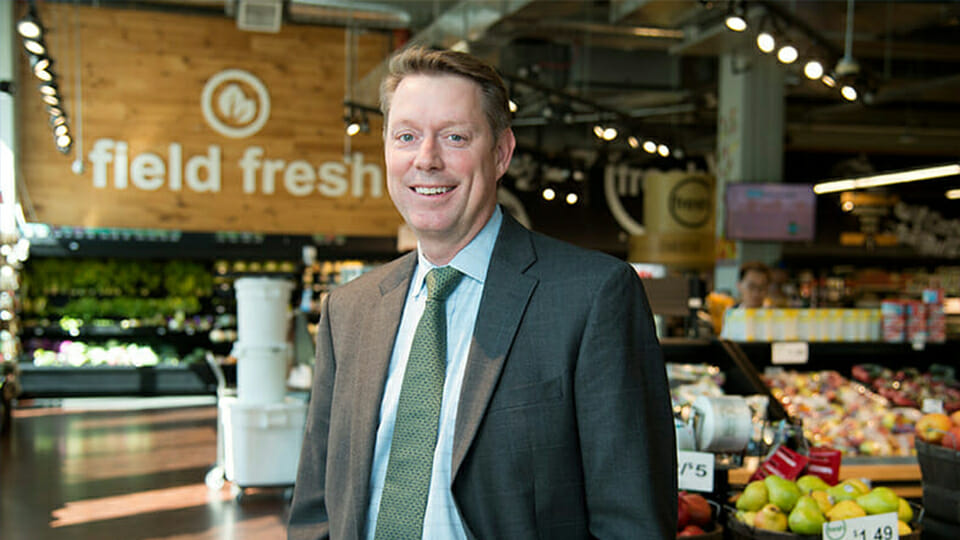Purdue study: Food spending habits curtailed
Subscriber Benefit
As a subscriber you can listen to articles at work, in the car, or while you work out. Subscribe Now
The results of a monthly survey conducted by the Purdue University’s Center for Food Demand Analysis and Sustainability show food costs are up 19% from a year ago. However, the Consumer Food Insights Report shows shoppers are taking steps to keep their food budgets in check. Purdue agricultural economists say as a result, grocery spending has remained effectively flat for the past six months.
“It appears that people have already cut back and found deals to help stop their food spending from continually rising,” said Jayson Lusk, the department head of agricultural economics at Purdue, in an interview with the Associated Press. “If food inflation does not come down significantly this year, consumers might not have much room to maneuver their budgets further.”
The survey-based report assesses food spending, consumer satisfaction and values, support of agricultural and food policies, and trust in information sources. Purdue experts conducted and evaluated the survey, which included 1,200 consumers across the U.S.
The study shows food insecurity is unchanged from January 2022, but a decline in households visiting food pantries raises further questions for the economists.
Sam Polzin, a food and agriculture survey scientist for the center, wonders what the underlying cause is for fewer visitors to food banks.
“Given the current high-price environment, it is hard to believe that fewer people need help from the charitable food system,” said Polzin. “We might ask if there are fewer charitable food resources available now or if people are having a harder time accessing them.”
The higher prices at the supermarket also appear to be impacting demand for plant-based meat alternatives, according to the Purdue study. The products are generally more expensive than traditional beef, chicken and pork.
Though there was astronomical growth in the sector early on, Lusk says many consumers are still not willing to pay that premium for groceries. He says 10% fewer customers are looking out and trying to buy plant-based meat alternatives.
“We’re noticing even in our surveys, something that’s consistent with what appears to be happening in the grocery store, which is that consumer demand for these products appears to be falling,” said Lusk.
Polzin said the ongoing weakness of the environment and social indicators is discouraging from the sustainability perspective.
“We might say that food system sustainability does not concern consumers as much as some advocates might want it. We saw little change on this front in our survey over the course of 2022,” Polzin said.
He says behaviors like “choosing plant-based proteins over animal proteins” are rare. Similarly, the survey shows beliefs like “agriculture is a significant contributor to climate change” are held by a minority.
Lusk further examines the recent survey in his blog.
